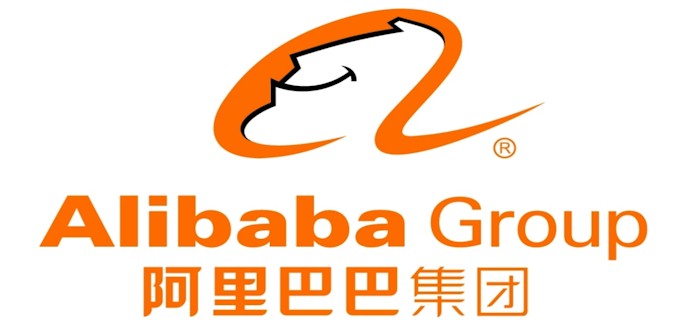Alibaba: record breaking anti-monopoly fine

Last week the Chinese State Administration for Market Regulation (SAMR) imposed a record 18 billion yuan ($2.75 billion) fine on Alibaba for using its market dominance to prohibit its rivals from developing in a fair manner.
The SAMR said it had determined Alibaba had prevented its merchants from using other online e-commerce platforms. Particularly, Alibaba has forced merchants for several years to make a choice between the online market places of its own and those of its competitors.
The so called “picking one” practice, previously considered illegal by SAMR, violates China’s ant-imonopoly law by hindering the free circulation of goods and infringing on the business interests of merchants.
According to China Daily, even though the fine of 18.23 billion yuan ($2.8 billion) is a huge sum, it represents only a 4% of the company's total domestic sales in 2019, which was 455.712 billion yuan.
The anti-monopoly law stipulates that a fine between 1% and 10% of a company's annual sales can be imposed on a company that has abused its market dominance.
Beside the fine, SAMR ordered Alibaba to make “thorough rectifications” to strengthen internal compliance and protect consumer rights.
It's not the first time that China imposes a fine to regulate the monopolistic approach of some big companies, even though it’s the highest: in 2015 Qualcomm, the world’s biggest supplier of mobile phone chips, had to pay $975 million for anticompetitive practices.
Reuters reports that Alibaba said in a statement that it accepts the penalty and “will ensure its compliance with determination”.
Also, on Monday CEO Daniel Zhang told an online conference for media and analysts that the company will introduce measures to lower entry barriers and business costs faced by merchants on its platforms, and that despite Saturday’s fine and measures ordered by regulators, they remain confident in the government’s overall support of the company.


